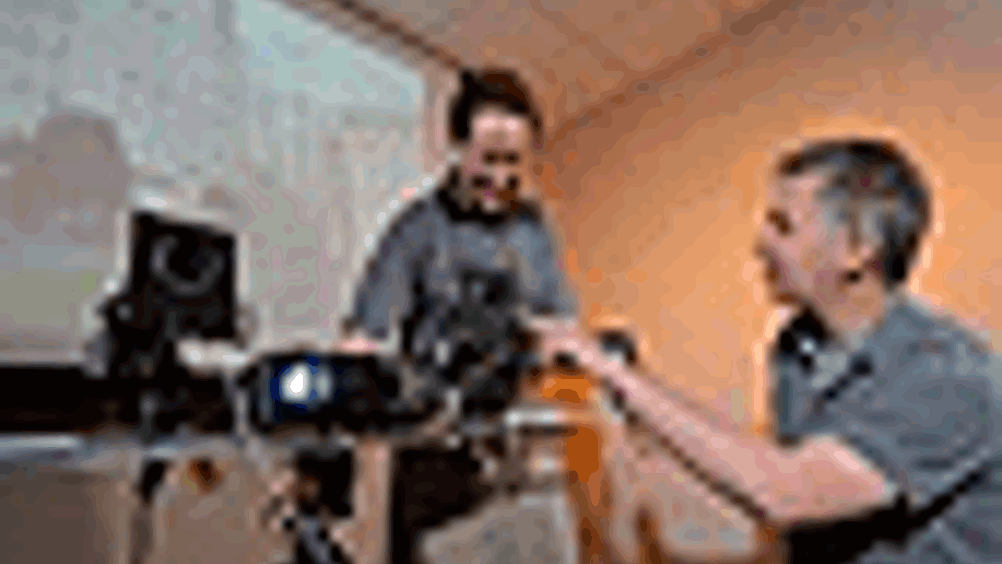Precluding pictures
Researchers at the Georgia Institute of Technology have developed a prototype device that can stop digital cameras taking photographs.

Researchers at the
have completed a prototype device that can block digital-camera function in a given area. Commercial versions of the technology could be used to prevent unwanted use of video or still cameras.
The prototype device, produced by a team in the Interactive and Intelligent Computing division of the Georgia Tech College of Computing (COC), uses off-the-shelf equipment – camera-mounted sensors, lighting equipment, a projector and a computer -- to scan for, find and neutralise digital cameras. The system works by looking for the reflectivity and shape of the image-producing sensors used in digital cameras.
Gregory Abowd, an associate professor leading the project, says the new camera-neutralising technology shows commercial promise in two principal fields, namely protecting limited areas against clandestine photography or stopping video copying in larger areas such as theatres.
"We're at a point right now where the prototype we have developed could lead to products for markets that have a small, critical area to protect," Abowd said. "Then we're also looking to do additional research that could increase the protected area for one of our more interesting clients, the motion picture industry."
Register now to continue reading
Thanks for visiting The Engineer. You’ve now reached your monthly limit of news stories. Register for free to unlock unlimited access to all of our news coverage, as well as premium content including opinion, in-depth features and special reports.
Benefits of registering
-
In-depth insights and coverage of key emerging trends
-
Unrestricted access to special reports throughout the year
-
Daily technology news delivered straight to your inbox










Water Sector Talent Exodus Could Cripple The Sector
Maybe if things are essential for the running of a country and we want to pay a fair price we should be running these utilities on a not for profit...